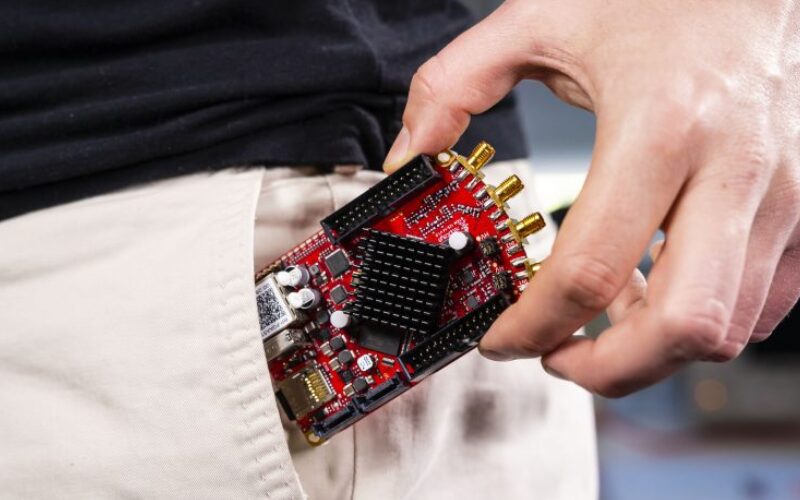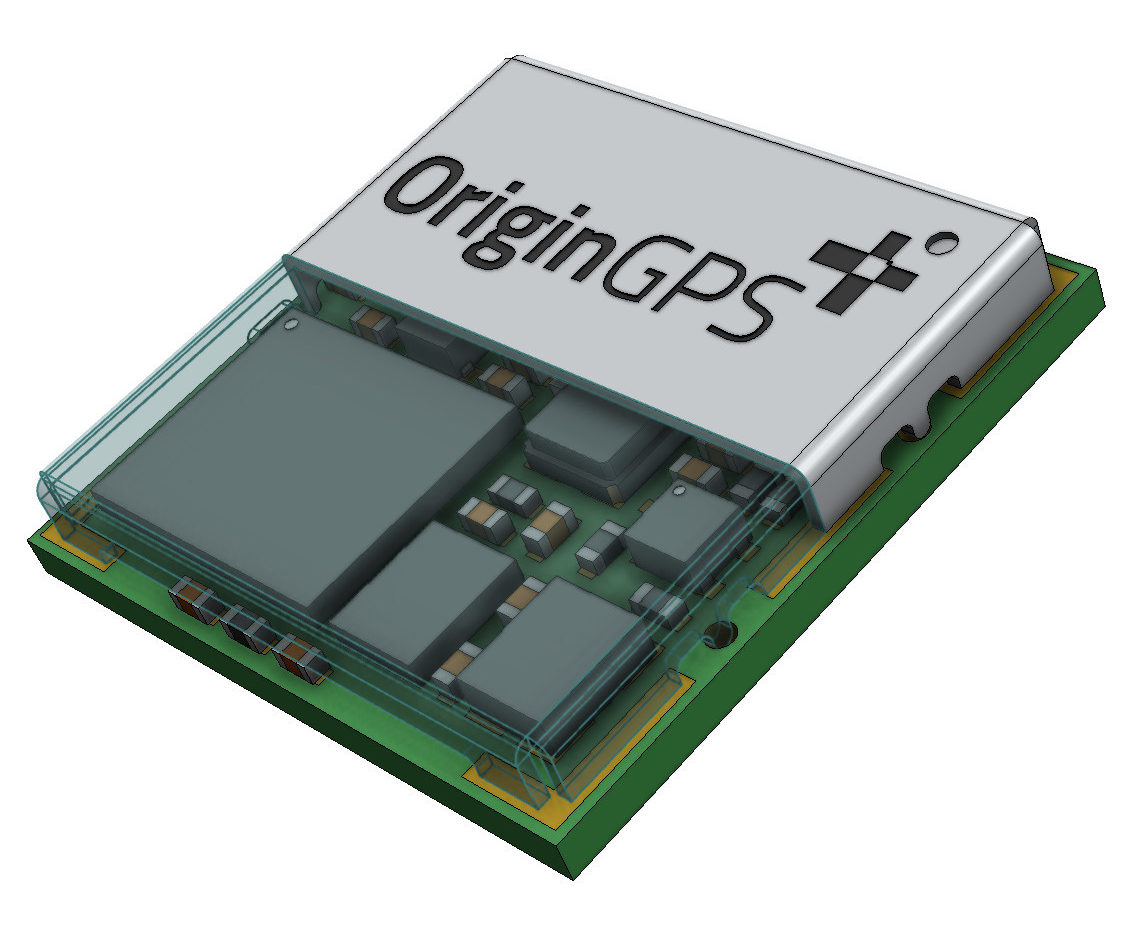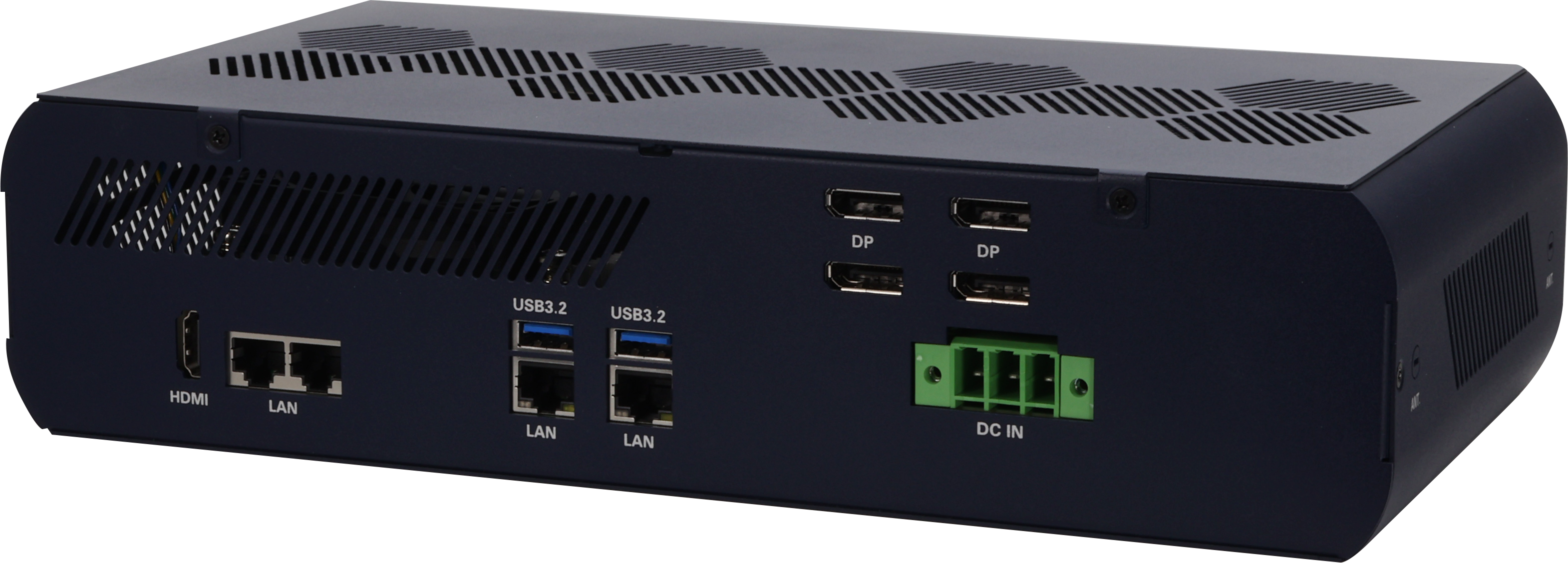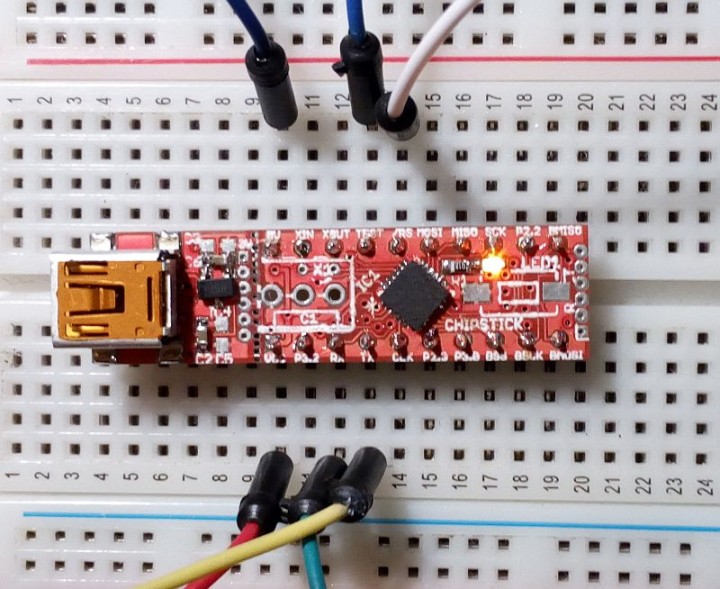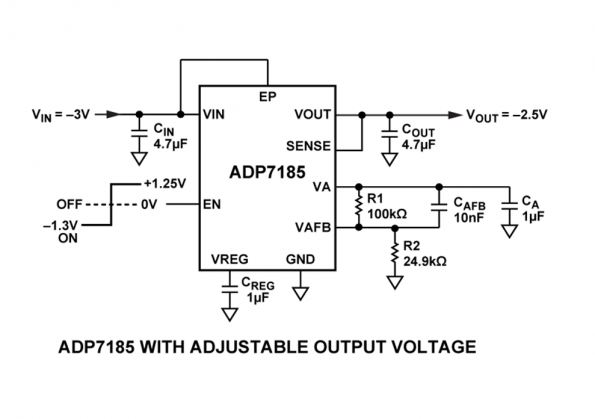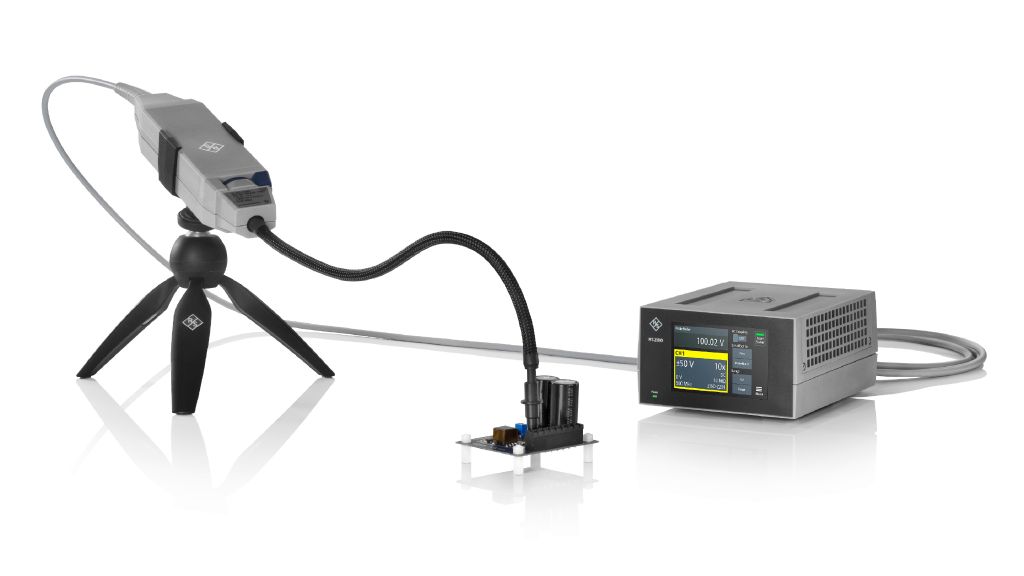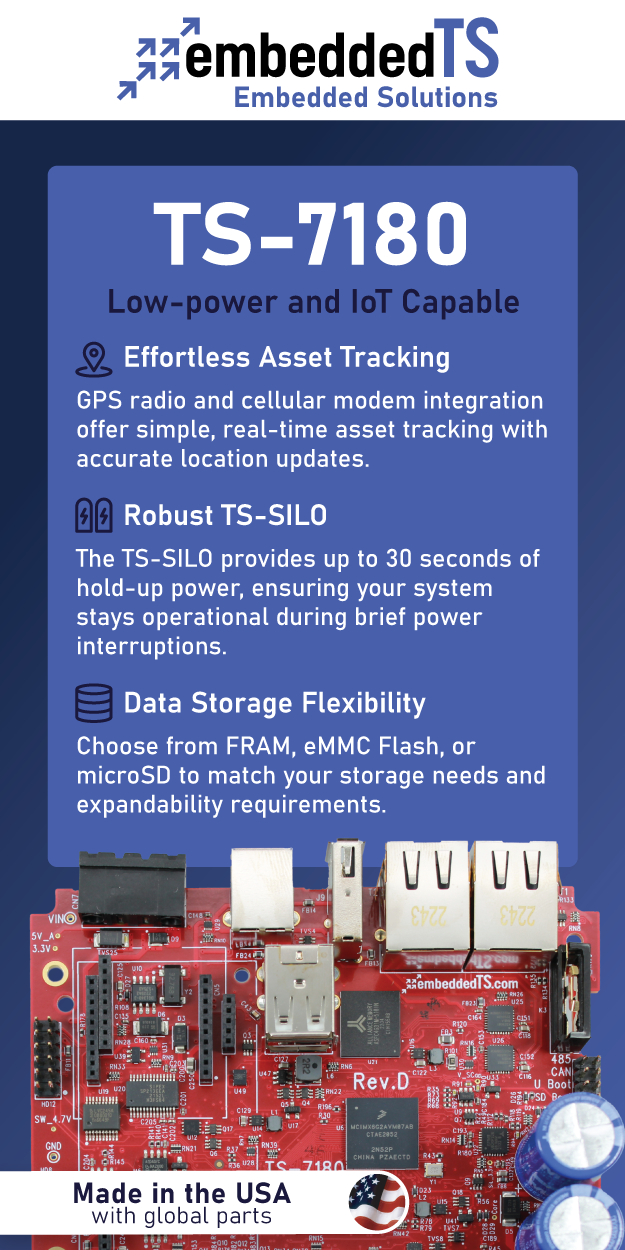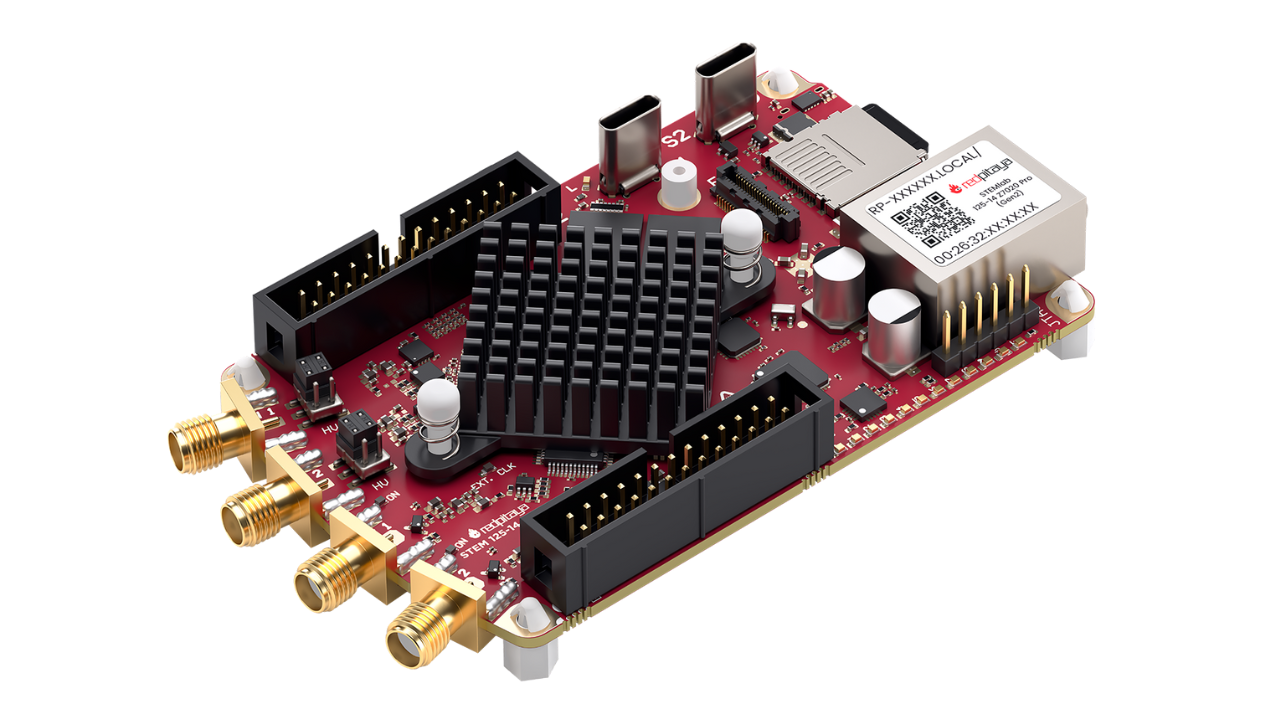
Red Pitaya upgrades its STEMlab 125-14 test and measurement platform
Red Pitaya has unveiled an upgraded version of its widely used STEMlab 125-14 test and measurement platform. The Gen 2 version brings several improvements aimed at engineers, researchers, and industrial developers who work on modular and flexible measurement tools. The modular, software-defined approach enables users to customize their test and measurement setups without investing in expensive hardware.
The Gen 2 series comes with three modules, each designed for different levels of complexity and industrial demands. The hardware maintains backward compatibility while improving performance and reliability. Some of the key upgrades include improved RF input performance, integrated USB Type-C connectivity, and a compact design. It can be used for signal acquisition, generation, and processing.
The STEMlab 125-14 Gen 2 base model is general-purpose hardware with better RF performance, reduced noise, cross-talk, and distortion for cleaner signal acquisition. The industrial-focused model, STEMlab 125-14 Pro Gen 2 is designed with an E3 connector for more reliable booting, an external clock selector for precise timing control, and multi-channel synchronization through a USB Type-C interface.
The advanced industrial and scientific model, STEMlab 125-14 Pro Z7020 Gen 2 is designed for more demanding applications that require high computational power and precision. Upgrades to this model include double the DDR memory to 1GB for longer data capture times, a larger FPGA (Zynq-7020) and additional GPIOs. It also has eight additional high-speed differential pairs for high bandwidth and synchronized data acquisition.
Specifications of Red Pitaya STEMlab 125-14 Gen 2
- Processor: Dual core Arm Cortex-A9
- FPGA:
- Gen 2 and Pro Gen 2: FPGA Xilinx Zynq 7010 SoC
- Pro Z7020 Gen 2: FPGA Xilinx Zynq 7020 SoC
- Memory:
- Gen 2 and Pro Gen 2: 512 MB to up to 4 GB
- Pro Z7020 Gen 2: 1 GB to up to 8 GB
- Interface: USB Type-C
- Networking: 1 Gbit
- Wireless connectivity: Requires Wi-Fi dongle
- RF parameters:
- Bandwidth: DC – 60 MHz
- Connector Type: SMA
- DAC Resolution: 14-bit
- Load Impedance: 50 Ω / Hi-Z
- Voltage Range: ±1 V at 50 Ω and ±2 V at Hi-Z
- Connector: E3 and 16 digital GPIOs with additional 6 for Pro Z7020 Gen 2
- Boot options: Only SD card for Gen 2, and SD card, QSPI, eMMC (via E3 add-on module) for other modules
- Power consumption: 5 V, 3 A max
Red Pitaya is collaborating with Texas Instruments to develop a low-latency board optimized for real-time control systems, radar and LiDAR applications. This partnership will be crucial for applications requiring millisecond or even microsecond response times. More details on the partnership will be released later this year.
The Gen 2 series was showcased at the embedded world 2025 in Nuremberg, Germany. The company conducted live demonstrations to highlight the real-world applications and performance of its software-defined instrumentation.






